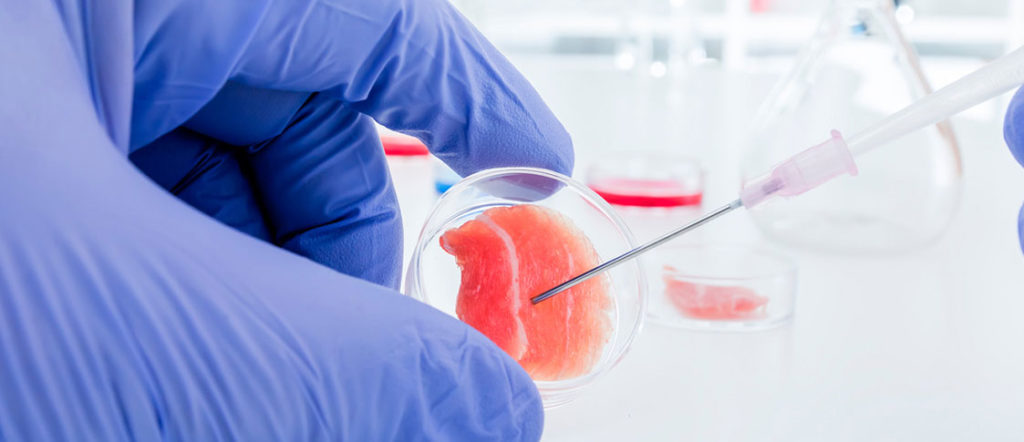Hematopoietic cell or bone marrow transplant is a treatment for some types of cancer, immunological or hematological diseases. For example, patients with leukemia, multiple myeloma, or some types of lymphoma could be transplanted.
“Bone marrow” is the soft and spongy tissue that is inside the bones and is responsible for producing blood cells. It contains cells called “hematopoietic” stem cells, which can develop into several other types of cells. They can become more bone marrow cells, or they can become any other type of blood cell.
A bone marrow transplant is a procedure that restores stem cells that have been destroyed by high doses of chemotherapy or radiation therapy.
There are three types of transplants:
- In autologous transplants, patients receive their own stem cells.
- In syngeneic transplants, patients receive stem cells from their identical twins.
- In allogeneic transplants, patients receive stem cells from their brother, sister, or parent. A person not related to the patient (an unrelated donor) can also provide stem cells.
Some types of cancer and other diseases prevent hematopoietic cells from developing normally. If they are not normal, they will not be able to produce any blood cells. A cell transplant provides and produces new, healthy cells.
For patients diagnosed with leukemia, lymphoma, and other life-threatening diseases, a hematopoietic cell (bone marrow) transplant may be their best treatment option.
To minimize possible side effects, stem cells that are most compatible with those of the patient are transplanted more frequently. Each person has a different set of proteins called human leukocyte-associated (HLA) antigens on their cells’ surface. This set of proteins is identified by a special blood test.
In most cases, the more closely HLA antigens on the donor’s stem cells match the antigens on the patient’s stem cells, the more successful the allogeneic transplant is. The greater the number of compatible HLA antigens, the greater the chance that the patient’s body will accept the donor stem cells. In general, patients are less likely to develop the complication known as graft-versus-host disease (GVHD) if the donor’s stem cells are fairly closely matched to the patient’s.
However, 70% of patients who need a transplant do not have a full HLA donor in their family. They depend on the National Bone Marrow Donor Program / Be The Match ® for a chance at healing.
Contact our ABC Transplant Center to request more information 5230-8081

